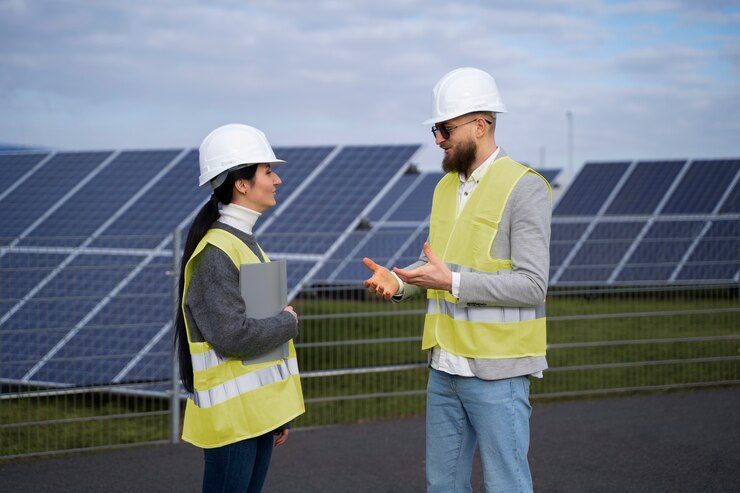Solar power storage used to be a special consideration for only the largest solar applications, particularly industrial settings. Now, however, solar storage is becoming more and more commonplace in residential solar power systems. If you’re interested in this change and considering adding storage to your solar array, keep reading for a quick introduction to this booming area of solar power.
Types of Solar Batteries
Solar power storage is done through the use of solar batteries. These batteries are much like the battery you might find under your car’s hood; however, they are designed for a very different use. While your car battery is intended to provide a brief burst of energy, solar batteries are meant to provide a steady, reliable energy supply to your home. There are several different types of solar batteries available:
- Lead-Acid: A traditional and cost-effective option, lead-acid batteries have been used for solar storage for decades. However tried and true they may be, lead-acid batteries pale in comparison to the performance and lifespan of some newer technologies.
- Lithium-Ion: Lithium-ion batteries are more efficient and have a longer lifespan than lead-acid. They’re also lighter and need less maintenance, so they’ve become a popular choice in modern systems.
- Flow: Flow batteries are much less common than the above 2 options, but they offer excellent scalability and a long lifecycle. This makes them ideal for large-scale energy storage solutions.
Advantages of Solar Batteries
So, why are so many people adding solar storage to their solar power systems? And, perhaps more importantly, why should you consider doing so as well? Here are a few key advantages that have caused solar-plus-storage systems to spike in popularity in recent years:
- Energy Independence: Many people who have used solar have been bothered by a lingering reliance on the utility grid. After all, when there is no sunshine, you have to switch to grid power—every night and any time there is cloudy weather. But with batteries, you have a source of backup power that allows you to increase your independence from the grid and rely more on your own solar power.
- Cost Savings: Less use of the grid means an even lower power bill. In fact, if your storage capacity is large enough, you could finally eliminate that electrical bill altogether.
- Backup Power: In case you didn’t know, solar power systems shut down when the grid does, even if it goes out in the middle of a sunny day. With batteries, however, you’ll be able to keep your power on—another benefit of a backup power source.
If you haven’t yet considered it, you should give serious thought to adding solar power storage to your solar power system.


